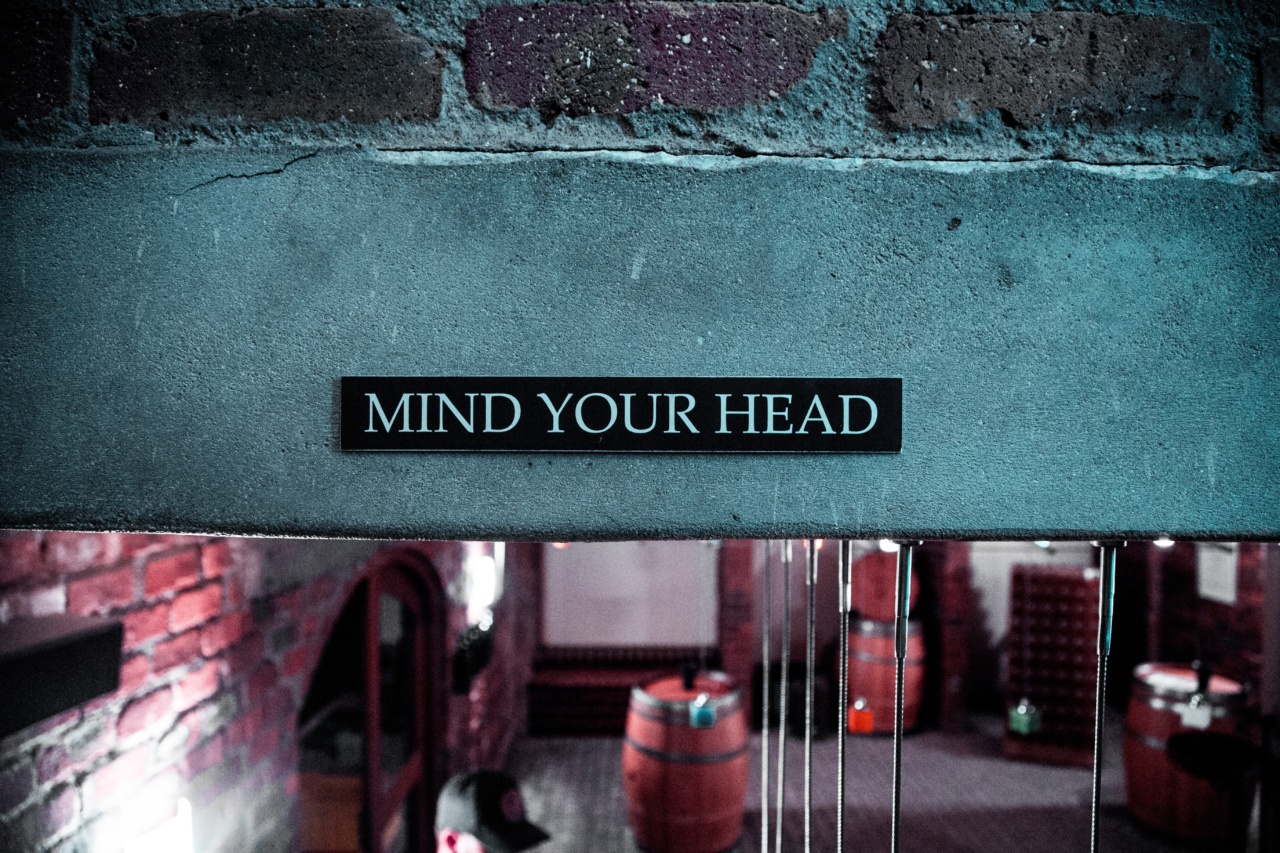When it comes to our health, we often pay attention to our body’s major organs such as our heart, lungs, and brain. However, there’s one part of our body that’s often overlooked – our nails.
While they may seem like a small and insignificant part of our body, our nails can actually reveal a lot about our overall health. In this article, we’ll take a closer look at what your nails say about your health and the warning signs to look out for.
Weak and Brittle Nails
If your nails are weak and brittle, it could be a sign of a few different health issues. One of the most common causes is a lack of nutrients in your diet, especially biotin, vitamin C, and iron.
Other factors that can contribute to weak nails include aging, exposure to chemicals, and excessive water exposure. If your nails are weak and brittle, it’s a good idea to take a closer look at your diet and consider taking supplements or making some lifestyle changes to strengthen them.
Yellow Nails
Yellow nails can be a sign of a few different health issues. One of the most common causes is smoking, as the nicotine can stain your nails. Another possible cause is a fungal infection, which can cause discoloration and thickening of the nails.
In rare cases, yellow nails can be a sign of a more serious underlying health condition such as liver disease, so it’s important to get checked out by a doctor if you notice any significant changes in the color of your nails.
White Spots on Nails
White spots on your nails are usually harmless and are commonly caused by minor injuries, such as hitting your nail on something or biting your nails.
However, they can also be a sign of a fungal infection or a nutritional deficiency, such as zinc or calcium. If the white spots on your nails persist, it’s a good idea to get them checked out by a doctor.
Clubbing Nails
If the tips of your fingers enlarge and your nails begin to curve around your fingertips, it could be a sign of clubbing nails.
Clubbing can be a sign of several underlying health issues, such as lung disease, heart disease, or inflammatory bowel disease. If you notice any changes in the shape of your nails, it’s important to get checked out by a doctor as soon as possible.
Spoon-shaped Nails
Spoon-shaped nails, also known as koilonychia, are characterized by nails that are thin and concave, with the edges turning up. This condition can be a sign of iron-deficiency anemia or other iron-related conditions.
If you notice spoon-shaped nails, it’s important to get a blood test to check your iron levels so that you can begin the appropriate treatment.
Pale Nails
If your nails are pale in color, it could be a sign of a few different health issues. One of the most common causes is anemia, a condition in which there’s a shortage of red blood cells in the body.
Other possible causes of pale nails include liver disease, kidney disease, and malnutrition. If your nails are pale, it’s important to get checked out by a doctor to determine the underlying cause and begin the appropriate treatment.
Dark Lines on Nails
Dark lines on your nails can be a sign of several underlying health issues, such as melanoma, a type of skin cancer that can affect the nails. Other possible causes of dark lines on the nails include medications, trauma, and nutritional deficiencies.
If you notice any dark lines on your nails, it’s important to get them checked out by a doctor as soon as possible to rule out any serious health issues.
Thick Nails
Thick nails can be caused by a number of different factors, such as aging, trauma, and fungal infections. If your nails are thick and discolored, it could be a sign of nail psoriasis, a skin condition that affects the nails.
Other possible causes of thick nails include thyroid disease and diabetes. If your nails are thick and you’re experiencing other symptoms, such as joint pain or skin rashes, it’s important to get checked out by a doctor.
Split Nails
Split nails occur when your nails crack or split vertically. This can be caused by a number of factors, such as exposure to chemicals, trauma, and excessive water exposure.
Split nails can also be a sign of a nutritional deficiency, such as biotin, vitamin C, or folic acid. If your nails are frequently splitting, it’s important to take a closer look at your diet and make sure you’re getting enough of the nutrients your nails need to stay healthy.
Nail Pitting
Nail pitting is a condition where small pits or depressions appear on the surface of the nails. This can be a sign of several underlying health issues, such as psoriasis, a skin condition that can affect the nails.
Other possible causes of nail pitting include alopecia areata, an autoimmune condition that causes hair loss, and connective tissue disorders such as rheumatoid arthritis. If you notice nail pitting, it’s important to get checked out by a doctor to determine the underlying cause and begin the appropriate treatment.




























